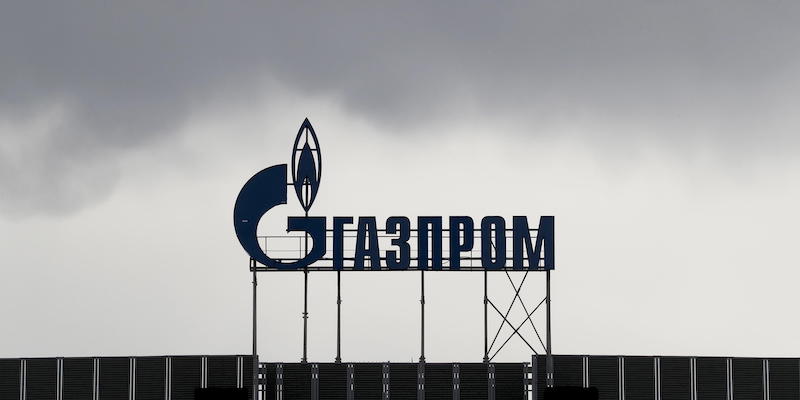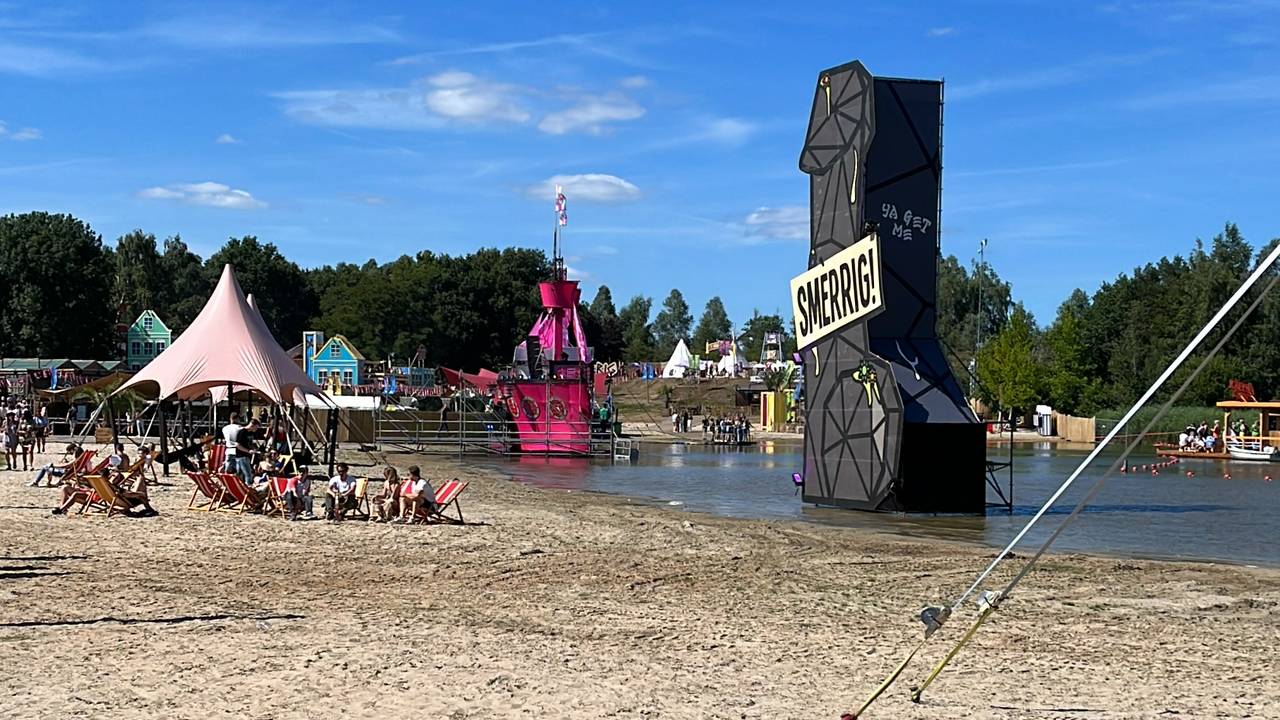Scheduled maintenance operations on the Nord Stream 1 gas pipeline, the main link for transporting natural gas from Russia to Europe, should end on Thursday: gas supplies, which were interrupted last week, are expected to resume, but many analysts and governments they are now convinced that they will not, and that Russia will use the excuse of maintenance to interrupt or reduce supplies, in retaliation for sanctions.
If the war in Ukraine and the consequent Western sanctions on Russia were not involved, maintenance would be a routine operation: such operations are carried out in this period because in the summer gas consumption is very low and a temporary suspension. supplies are not a problem. But the extraordinary historical situation raises fears that from Thursday Russia may decide to permanently block the transport of gas to Europe, or reduce it significantly, more than it has already done in recent months.
It is a possibility widely envisaged by European leaders, who for months have been looking for alternative sources to prepare for a possible winter without Russian gas.
The concern has become more concrete in the last few hours, after Gazprom, the Russian state energy company, informed some European energy companies that on Thursday it could interrupt gas supplies for unspecified “causes of force majeure”. The news was originally reported by Reuters and yes Bloomberg, and confirmed on Monday 18 July by the German energy company RWE. At the moment Gazprom has not provided explanations on the notice sent to European companies, and it is not clear what will really happen on Thursday.
With this notice, Gazprom is probably trying to protect itself from the risk that energy companies will sue it for violating gas supply contracts. The “causes of force majeure” are those that usually exempt a company from having to comply with a contract because in the meantime factors have arisen that go beyond its control. Gazprom, therefore, would be preparing to say that a total gas blockade will not be its fault.
– Read also: Are HIMARS rocket launchers changing the war in Ukraine?
Even before suspending the supply of gas for maintenance operations, Gazprom it had significantly reduced gas supplies to Europe citing the failure to return a turbine that had been sent to the German company Siemens for repair, and other technical issues. The turbine had been sent to Canada in recent months to be repaired at a Siemens plant, but Canada had blocked its return due to Western sanctions against the Russian energy sector. On July 10, the Canadian government had announced who would return the turbine, which Monday arrived in Germanybut things don’t seem to have changed for Gazprom.
The prevailing thought among Western governments is that, as well as the reduction of supplies last month, even a possible total blockade from Thursday would only have political reasons: it would be another attempt by Russian President Vladimir Putin to put pressure on Western countries to seek to soften their positions on the war in Ukraine and have them relax the sanctions imposed so far on Russia.
It is not yet certain, however, that Russia will declare a blockade of gas supplies on Thursday. According to Thierry Bros, a professor at the Paris Institute of Political Studies, the Russian government could also decide to increase the gas supply via Nord Stream 1 compared to the past, to show Europe “who has the power” right now. .
Among the European countries, the most worried about a possible blockade of Russian gas is Germany, whose government in recent months had been the one that most of all had tried to find conciliatory positions with Russia to prevent the sanctions from including the gas. Germany is the richest and most influential country in the European Union, but also the one that most of all in the Union depends on Russian gas: its domestic production is negligible, and in 2021 Russian gas accounted for 55 percent of everything. the imported one.
In the meantime, Italy is also accelerating operations to find alternative trading partners to Russia. Prime Minister Mario Draghi visited Algeria on Monday to discuss a new agreement that will make the North African country Italy’s top gas supplier. Already in April, the Italian and Algerian governments had signed an agreement which provided that by 2024 Italy would receive about 9 billion cubic meters of gas a year from Algeria, compared to the 22.6 billion cubic meters imported in the 2021. The new agreement provides for the Algerian energy company Sonatrach to supply Italy with another 4 billion cubic meters of natural gas.
– Read also: The Ukrainian grain freeze continues to be a major problem
–


